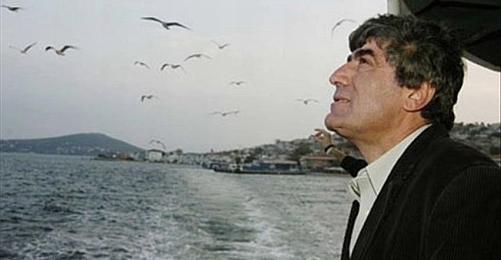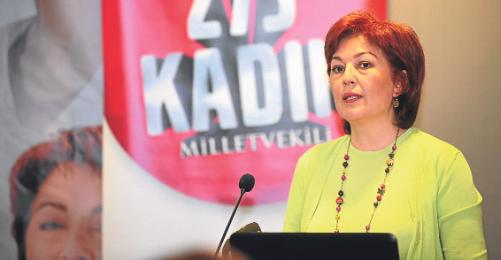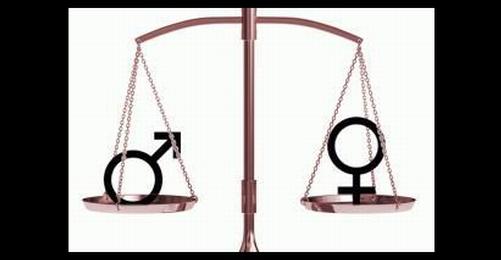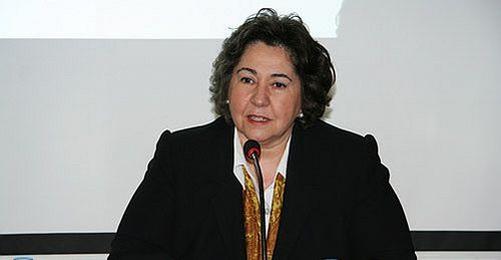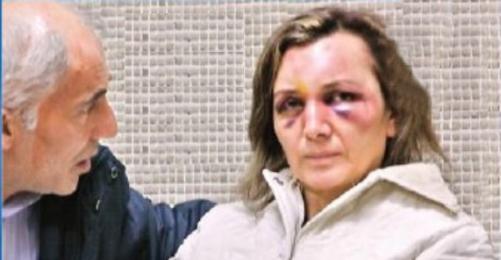The European Court of Human Rights (ECHR) will announce its reasoned decision on the files of the Hrant Dink case on 14 September. The international court recently decided the case in favour of the applicants and against Turkey. The ECHR had merged the files concerned with the conviction of Turkish-Armenian journalist Dink prior to his assassination on the grounds of "insulting Turkishness" and the application made by the Dink family later on related to a "violation of the right to life".
Dink family lawyer Fethiye Çetin received an official notification about the date of the pronouncement of the decision on Wednesday (25 August).
News had it that the government "would withdraw their defence and to go for an amicable agreement". However, Çetin commented: "This is a good start for changing a wrong approach in the defence system. But I do not believe that the Dink family would go for a compromise".
Government tries to compensate for defence at ECHR
The Ministers of Foreign Affairs, of Justice and of the Interior, Ahmet Davutoğlu, Sadullah Ergin and Beşir Atalay respectively, held a meeting to discuss how to compensate the defence of the Hrant Dink case submitted to the ECHR. The state had accused Dink of writing "hate speeches" and "inciting the public to hatred".
As reported by leading newspapers, the ministers decided to advance an "amicable solution".
Proposal presented to the Prime Minister
The ministers informed Prime Minister Recep Tayyip Erdoğan about their decision to issue a unilateral declaration regarding the defence and propose an amicable agreement. Minister Ergin made the following announcement:
"In the meeting we agreed that the defence submitted to the ECHR was not appropriate and that it is not right for Turkey to back up the defence. Hrant Dink died when the sacred right to life was not protected. Taking this reality as a starting point, a unilateral declaration of Turkey to the court and the proposal for an amicable solution is on the agenda".
"The technical review is made by the Ministry of Foreign Affairs. This is an application implying that 'the state did not fully meet its responsibilities'. Subsequently, the defence submitted to the ECHR will practically be void and a new defence will be presented which accepts certain responsibilities. At the same time the new application to be made by the state will enable a compensation for the moral damages suffered by the Dink family but apart from that a demand for monetary compensation is part of the case. The request for monetary compensation will probably be evaluated in accordance with the court's case law".
Çetin remains sceptic
Lawyer Çetin made the following points:
- The government can apply to the ECHR before the pronouncement of the reasoned decision and initiate an amicable agreement.
- The government can express their regret for the defence [submitted to the ECHR]; they can accept violations of the right to life, to freedom of expression, to an effective remedy and a fair trial. They can pledge to initiate the elimination of the violations subject to the trial and propose an amicable agreement.
- If the court accepts such an application and sends it to the Dink family as the complaint, they will review it and respond accordingly.
- In case an amicable agreement is accepted, the court will not pronounce the decision because of the mutual compromise. The decision will be pronounced if an amicable agreement is not accepted.
- A change of defence would mean a confession of an error in the defence system. It could be interpreted as an apology and evaluated as a good start. Yet, Çetin does not believe that the Dink family will go for a compromise.
Assassinated
Hrant Dink, founder and then chief editor of the Armenian Agos newspaper, was killed in front of his office on 19 January 2007. The trials in Istanbul and Trabzon (eastern Black Sea coast) concerned with the murder are still pending. (BB/SP/VK)
* This article is partly based on the following sources: Radikal, Milliyet and Taraf newspapers.





